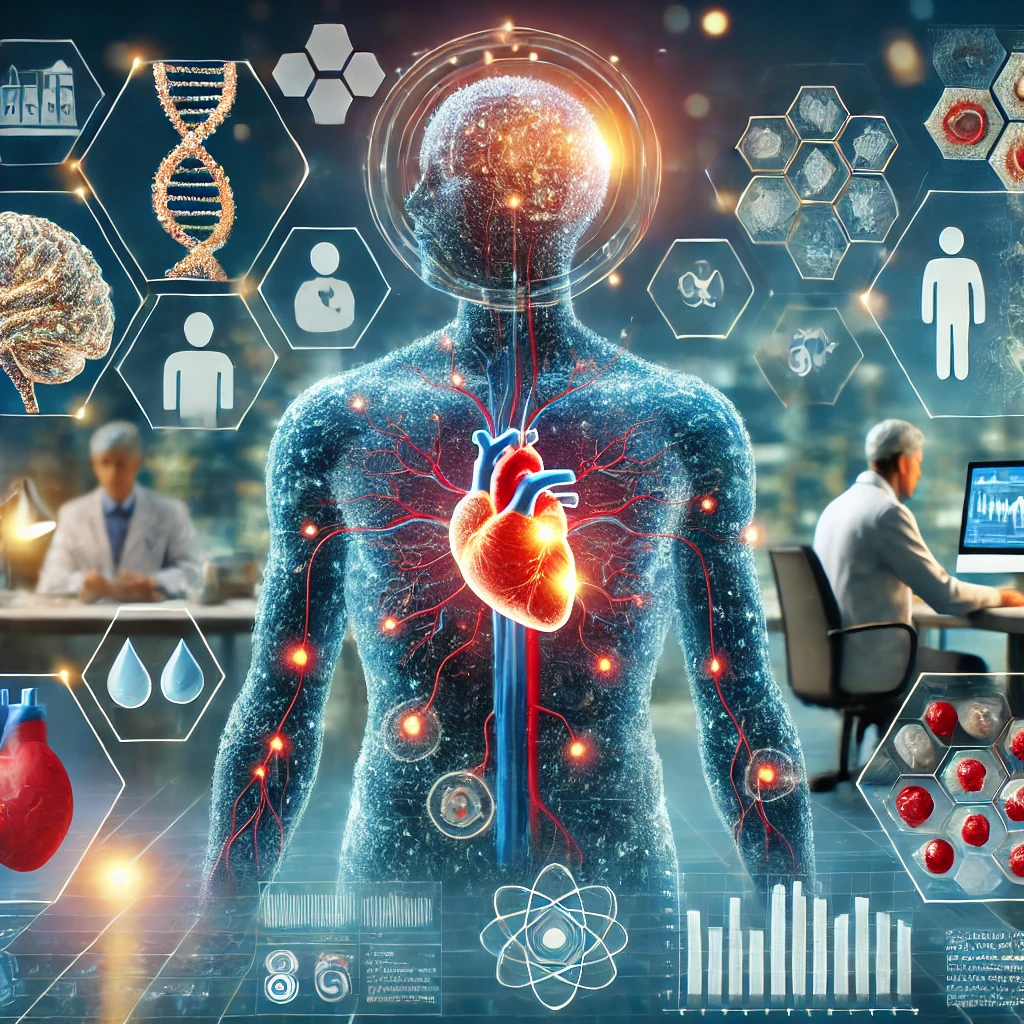What are biomarkers and why are they useful?
Article Source: Biomarkers Explained

Why you should care
Biomarkers are crucial in diagnosing diseases early, monitoring treatment, and predicting health outcomes. They are vital tools in modern medicine, helping doctors make more accurate decisions and allowing researchers to understand health better. From cancer to heart disease, biomarkers are revolutionizing how we detect and treat serious conditions.
Answering the question… What are biomarkers and why are they useful?
Biomarkers are biological indicators—like proteins, genes, or molecules—that can signal changes in your body’s health. They can help doctors detect diseases, monitor treatment progress, or predict how you might respond to certain therapies. For example, certain proteins in the blood can indicate early stages of cancer, making it easier to catch and treat.
How was the study done?
This study reviewed data from various clinical trials and patient studies to explore how biomarkers are used in diagnosing diseases like cancer and heart disease. Researchers collected samples, including blood and tissue, to monitor the levels of specific biomarkers and how they correlated with disease progression or treatment effectiveness. They also used advanced techniques, like imaging and molecular analysis, to understand how biomarkers work in the body.
What was discovered?
- Early Cancer Detection: One of the most significant findings is the application of biomarkers like PSA for prostate cancer detection. Studies show that these biomarkers have an 80-90% accuracy rate in detecting early-stage prostate cancer, which improves the chances of successful treatment.
- Cardiac Health Breakthroughs: Biomarkers such as troponin have shown to be highly effective in diagnosing heart attacks early. Troponin levels in the blood can indicate heart damage with 90-95% sensitivity, allowing for faster, life-saving treatments.
- Improved Treatment Outcomes: Patients undergoing chemotherapy showed a 40-50% increase in survival rates when treatments were tailored based on biomarker responses. This precision approach significantly reduces side effects and increases the chances of remission in cancer patients.
- Hereditary Disease Prediction: Genetic biomarkers were found to be highly predictive of hereditary conditions. For instance, mutations in the BRCA1 and BRCA2 genes can indicate up to a 70% lifetime risk of developing breast cancer, allowing for earlier preventive measures.
- Broader Applications: Biomarkers are now being used in neurological conditions, with advances in detecting Alzheimer's Disease through beta-amyloid protein measurements in spinal fluid. Early detection methods have improved diagnostic accuracy by 30-40% compared to traditional clinical assessments.
Why does it matter?
Biomarkers offer a future where diseases can be diagnosed early, treated more effectively, and even prevented in some cases. As research advances, these indicators will become even more precise, making personalized medicine a reality and improving healthcare outcomes globally.
You can read the full article here.
